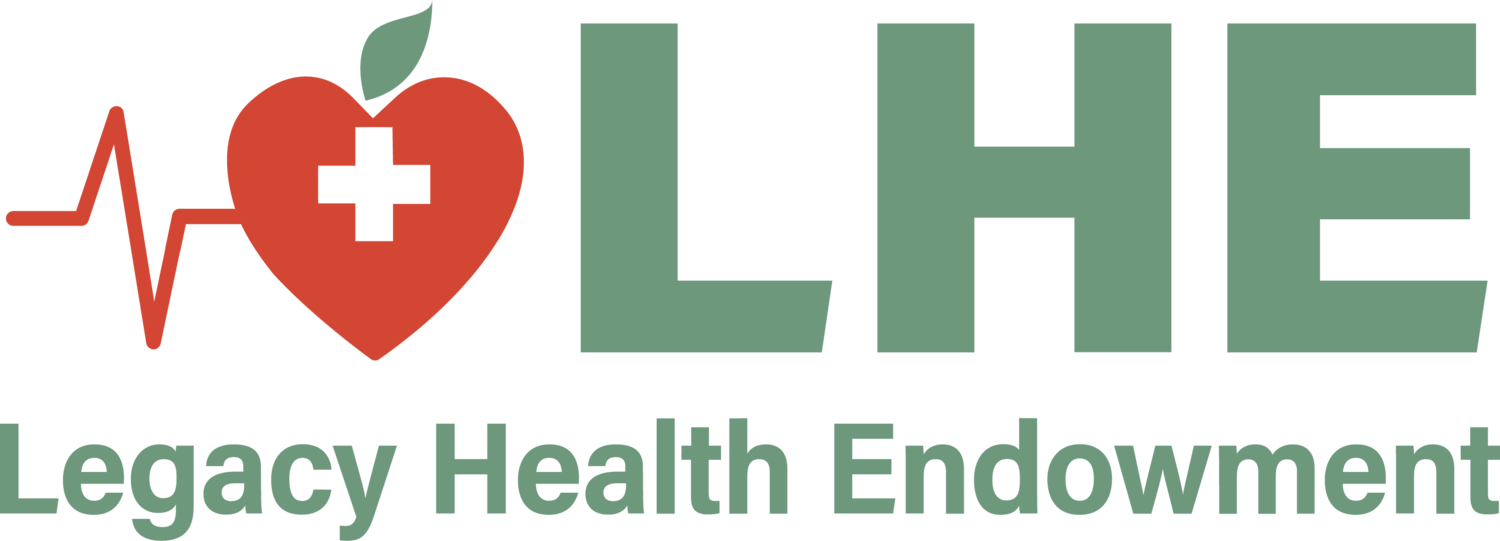UPDATED: What You Wish You Knew: A Quick Guide to the Basics of Social Media
We have created What You Wish You Knew: A Quick Guide to the Basics
of Social Media (and the potential risks for children and teens) to help parents and guardians better understand the warnings of the most popular social media apps. Included in this guide is advice on what steps you can take to protect your children’s mental health.
More information is coming out arguing that there is a correlation between the increased use of social media and poor behavioral health. It has become clear that educating parents and guardians would be helpful and impactful.
It is important to understand that children and teens who use social media are more vulnerable to depression, anxiety, low self-esteem, and even a heightened sense of suicide. And, for some, social media has become the catalyst for their social anxiety disorder. Compounding the problem is the fact that social media apps can lure them in and can become addictive. Behavioral health challenges may worsen the more time spent on social media. Some people are unable to avoid social media for more than three hours. When users start sharing and comparing their lives to others, the challenges mount and the social anxiety grows. Parents now find themselves in a place that is both unfamiliar and frightening.
The behavioral health challenges facing children and teens is a growing public health crisis, and it worsens without a proper mental health infrastructure to address it. What You Wish You Knew is a basic information tool to help you better understand the world of social media, how it can affect your child, and what this may mean to their mental health. Review it, share your comments with us, and start a conversation with your children. We hope to prepare another guide or a podcast on the nexus between social media and behavioral health and what you need to know (and why).
As we learn more about how children and teenagers are using social media, we can further our understanding of how to protect them. And we, as parents, can continue to stay in front of this public health crisis.
Finally, let me thank and honor Isabella Romeo and Conner Duyst who spent the summer of 2019 working with us on this. Their dedication, hard work, and curiosity helped us create this guide. If you have questions or comments, please email me at jeffrey@legacyhealthendowment.org.
Thank you,
Jeffrey Lewis
President and CEO
Legacy Health Endowment

